The Last Tsar ("The Empire Must Die" by Mikhail Zygar Review)
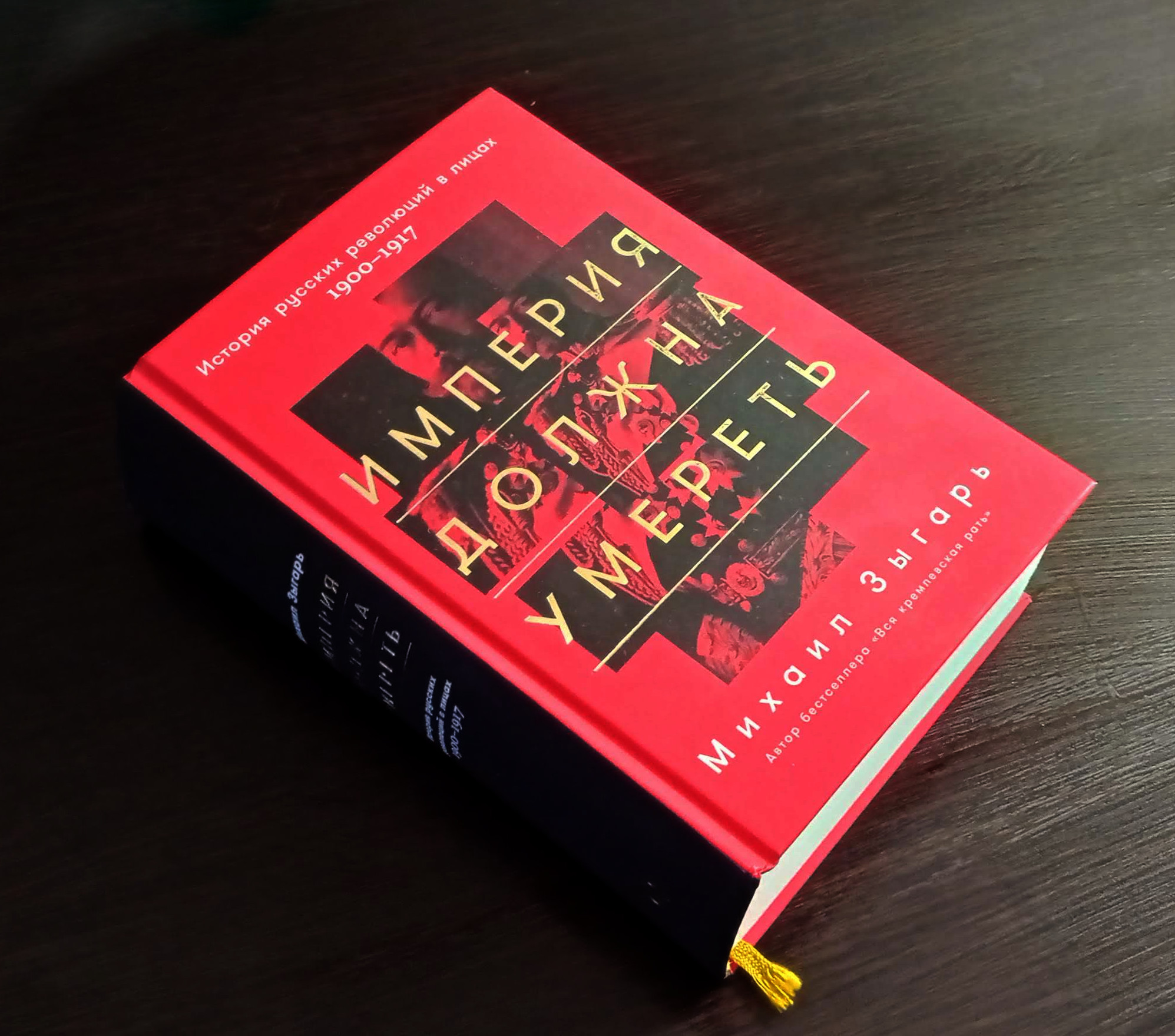
Russia at the beginning of the century. The economy is booming, a richer middle class is increasing its wealth, and industry is enriching itself with innovation. But the civil society of the largest and richest country is facing a political crisis: the sole ruler has no idea about the real life of his own people, lives in isolation and is more passionate about geopolitical victories and the privacy of his family …
… While the elite amazes Europe with their wealth, and soldiers are fighting on distant frontiers in wars that they do not understand, protests are multiplying in the country led by people incomprehensible to the authorities (some of whom actually work for the security service), the standard of living is rapidly falls, and terrorist attacks become commonplace. Russia needs reforms, but the government of "talented managers" does not see this point-blank, because the head of the vertical firmly believes that he is the only one who can save Russia, and everyone else wants to destroy it.
***
This is not partner post made with Meduza on modern history, but a story about Russia in the 1910s, set out in the wonderful book by Mikhail Zygar, a former journalist and author of a book on the formation and evolution of views of the recently de facto Russian president for life, 'All Kremlin Men'.
His latest work to date is a massive study of the history and causes of the collapse of Tsarist Russia, entitled "The Empire Must Die." Why should you read it too?
This book is not like a boring history textbook. On the contrary, it is written in the language of news, as if in the days of anarchists and underground workers there was an old "Lenta.Ru" or "Mediazona". This is very interesting and erases the line between "then" and "now": we are used to news about shares protest, police torture, corruption scandals, Navalny's investigations and the Foreign Ministry's comments. Zygar writes in exactly the same way as a neutral journalist about current events - as if Witte, Struve and Kerensky were living now and we could understand the motives of their actions. Many of the participants in the events of that time left their memoirs - and many could not resist the temptation to present themselves in the best light and slightly embellish the events. Zygar meticulously uses excerpts from their diaries, draws up a large-scale, literally by day and month, picture, builds logical connections - and comes to the conclusion that the fall of the greatest empire in Europe was an inevitable consequence of a catastrophic series of mistakes and wrong decisions of literally everyone, starting from Nicholas II and ending with members of the Provisional Government.
In fact, this is a very tragic picture, in many respects echoing what we can, with the proper desire, see now. Emperor Nicholas, who is not very interested in dealing with domestic political affairs (whether it is a "small and victorious war"), is very religious and believes that autocracy is an ideal system for Russia, democracy in the West is already suffocating, and all protests are organized by Jews and Freemasons - at least that's what they tell him. Empress Alexandra "Sunny" Fyodorovna (German granddaughter of the Queen of England) is very worried that she cannot give birth to an heir, when, after four girls, the Tsarevich is born, it turns out that he is sick with a rare disease and may die at any moment. This pushes Sunny into mysticism and meetings with all sorts of charlatans, one of whom turns out to be an odious seducer monk with the glory of a medium, Grigory Rasputin; Nikolai tolerates his presence, believing that he is helping little Alexei, and Rasputin, through Alexandra, influences the personnel policy of the government: dismiss this minister, install this. When a leak occurs and the personal correspondence of the empress with a person who is not at all divine becomes public, the reputation of the royal family in the eyes of the subjects is destroyed. The king does not attach any importance to this - for him nothing is important at all, except for the family. Do you already understand how bad it is?
There are protests in the country. Peaceful demonstrations end in the arbitrariness of the security forces. There is an undercover struggle in government offices.
Prime Minister Witte is trying to lobby for reforms, but is more fighting with other ministers and the tsar himself, who is annoyed. Double agents of the police in extremist communities thwart some of the terrorist attacks against the main persons of the state, but not all: roughly speaking, every few months they blow up some grand duke or minister. Nicholas II does not believe that the country needs to change, and disdainfully treat the proposal to give part of the powers to an elected government body. But fate will force him to make concessions.
What's interesting - is that everyone (!) considers themselves the smartest and most capable of saving Russia from the revolution.
Writers and poets in non-Moscow living rooms, officials and generals in the government, intellectuals and ordinary workers. Everyone thinks they know what they are doing - but they make mistakes. Constantly. Nikolai expands his expansion into Manchuria, conquers part of China, demonstratively ignoring Japan - and Japan declares war on Russia. Nobody takes the Japanese seriously - and Russia is losing the war. Then clashes with the Turks. Grandiose plans to conquer Constantinople-Istanbul, the "capital of Orthodoxy" - even with his uncle-Kaiser, Nicholas II quarreled and entered the First World War against him, ostensibly to protect the "Slavic brothers" from the Austro-Hungarians. Yes, the war with the Germans rallied Russian society and initially eased tensions - but at what cost? The victories ended quickly, strikes and strikes continued, a shortage of food began in Petrograd, the tsar even took an extreme measure and abdicated the throne - but it was already too late. The leader of the once marginal party of extreme left radical socialists, Lenin, signed a separate peace on behalf of the fragments of the empire.
And you know, it's scary. The decision-makers were in such a vacuum.
They underestimated the threat so much - and scared each other with it for twelve years, until it happened and everything fell apart. Well, seriously, who in 1905 could have imagined that the shooting of a peaceful pro-monarchist demonstration led by an absolutely loyal ROC priest would lead to the collapse of the empire, defeat in several global conflicts, civil war, millions of victims, including the executed royal family?
It seems that a number of key figures have deliberately made things worse over and over again. Are the people on strike? Shoot the people, they won't get angry. Do people demand rights and freedoms? Give them a little freedom, let the First Duma decide on the replacement of glass in the greenhouse (I'm not joking). Do they not respect the supreme power? The whips of the dissatisfied, "We are the Tsar, the Anointed of God," and Rasputin - "Ten Rasputins are better than one hysterical wife." The revolution was inevitable - but was the Bolshevik coup inevitable? Not at all - and this is the saddest thing.
Less than a year in 1917, there was democracy in Russia. The most advanced for those times, too cool even for Europe things - the right to vote for women, for example, or the fight against ingrained anti-Semitism (as opposed to the officially sanctioned Jewish pogroms earlier).
If the Bolsheviks had not wedged themselves into a series of crises and seized power under the guise of the psychopathic Lenin, it would have been altogether different. Democratization could have been carried out earlier, the world would have been more stable, there would have been no Cold War, and the Second World War, if it happened, would have been shorter and less bloody.
Аnd now … you see, we have not yet recovered from this trauma. The October Revolution and its consequences are still with us. The Soviet Union, which collapsed with a wild crash thirty years ago, is not dead yet. We have never built a fundamentally different and more humane state. They did not comprehend the lessons of the past, they did not vow to never repeat such things and not to build totalitarianism. The quasi-Soviet regime is now being restored - we again have political prisoners, restrictions on freedom of assembly and freedom of speech, a lifelong autocratic leader on whom the whole system is supported, and he also lives in his bubble, sincerely believing that people cannot think differently , and they go to rallies only for money. The authorities again think that Russia is surrounded by a ring of enemies, foreign Russophobes are weaving cunning conspiracies, Washington is arranging color revolutions, and the Russians who are becoming poorer and poorer every year must rally around the leader and endure a little more, just about, very soon there will be a breakthrough and push in the meantime, all the claps and the incident with the Berlin patient - fine newspeak.
The book makes you think about what it is like to live in a time when slowly, slowly, like in a spectacular film, everything breaks and cracks, and almost no one notices this. Scary.
Scary and painful. By choosing one solution, people cut their way to alternatives. One mistake leads to another … and one day the house of cards will fold inward, as if there was no paper lock.
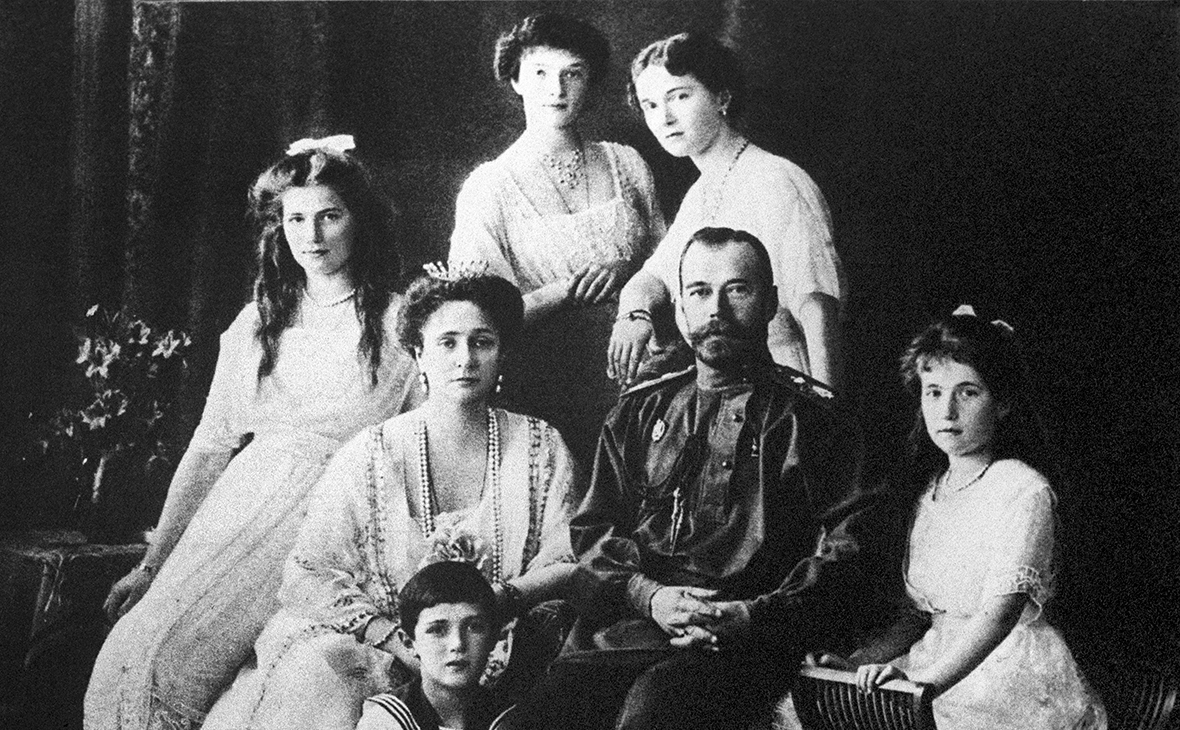
Be sure to buy and read "The Empire Must Die" by Mikhail Zygar - 907 pages in the second edition, but you won't notice how you get to the end. This is incredibly exciting reading - lively and at the same time concisely written. I caught myself thinking that I would gladly read the history of further events as presented by Zygar - he managed to combine the scale and epic of the level of "War and Peace" by Tolstoy with the language of the "Namedni" program and the humanistically neutral in pathos brevity of the same "Medusa" … A historical book written in the language of professional television.
I highly recommend it, I directly sparked interest in the topic and helped to understand the motives of the participants in the events around which there is no single opinion in the near-historical environment. It helps to understand that the tsar is not a holy martyr, as some religious people in Russia considers him, but also not such a bored and listening fool who is not needed, as it may seem from his own actions and diaries. Nicholas, of course, earned his nickname "Bloody", and to screw up the whole country - you also need to be able to, but we cannot blame the person for the fact that he was bored with doing everything except a dear family, even though he wanted to be great like a father , Alexander III. The wrong person became king. It happens…
In short, an excellent book - if you are interested in history and would like to learn more about such a dramatic and chaotic page of it as the Russian revolutions of 1905-1907 and 1917, then this book should simply be in your library.
And support Meduza.io, if you can. This is highly professional, trustworthy independent news media, covering what's happening in Russia right now without bias. They shouldn't close cause of official's repression.
Support Meduza.


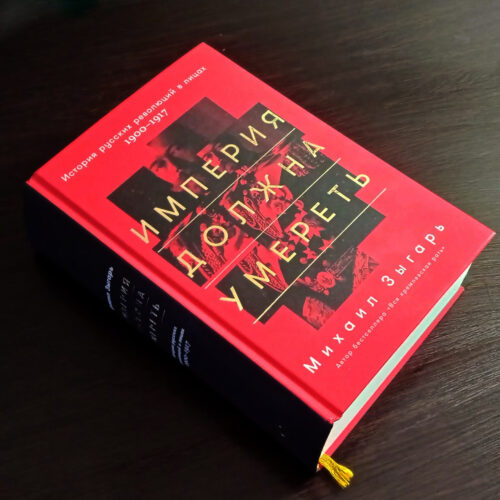
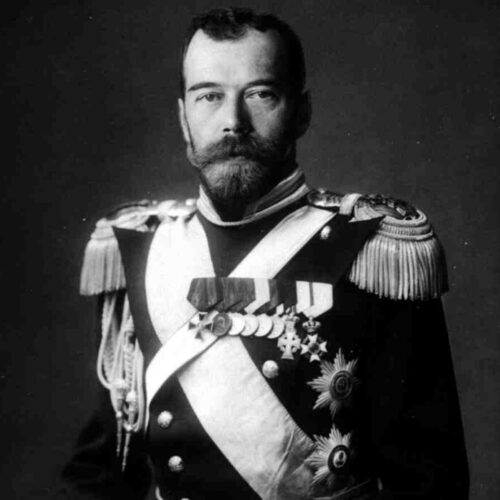
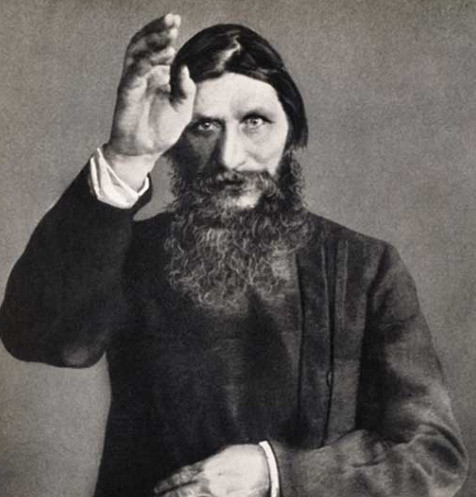
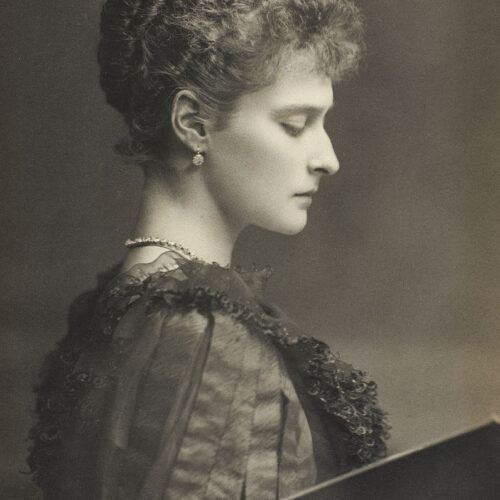

Comments